Staking Reasons
December 11, 2019
Categories: Starting a New Farm
Staking Reasons Why and How
Reasons Why
Many years ago, when I had my retail garden center, I was researching soil nutrients. For those who know me, you know I’m not a scientist. So often, when I’m reading these scientific studies, I start to glaze over. But this time it got my full attention. The article was about berry bushes. During the soil test, by accident, they found out staking can also have an effect on production. The berry shrubs that were staked produced not only larger fruit but 30% more fruit. It went on to talk about energy (and some bigger words) and how it takes energy (and some bigger words) to keep the plants upright (and some bigger words) When staked, that energy can go into fruit production. That led me to staking peonies.
All our peony fields are staked but we have 13 display gardens left over from the garden center and they are not staked. So, I kept track of the display peonies. We try to do a tiny bit of staking but not very successfully. The display peonies not only ‘droop’ but they don’t have near the number of stems or flowers (same varieties as field staked were studied) and they have more of a tendency to get pests and botrytis plus the flowers don’t last nearly as long in the vase as the field staked peonies.
Reason #1: Higher yield and longer vase life
Peonies not staked, will fall over for sure. Each time a stem/leaf touches the ground the chance of disease and pest intensifies. It‘s much easier to spot a disease if staked and you have room to walk between the rows glancing across the fields.
Reason #2: Disease and pest control
Peonies staked with strings have straighter and stronger stems.


Reason #3: More acceptable stems for shipping
Maintenance on staked peony fields is much easier including irrigation systems, fertigation, weeding and pest and disease control.
Reason #4 Ease of maintenance
And perhaps the most important reason for staking is ease of harvest. Walking between rows of peonies not staked is a real challenge. In addition to just making your way down the row, you will bruise stems and leaves leaving them wide open for diseases. Staked peonies allow easier movement, room to maneuver containers down the rows, and much easier to harvest the stems.
Reason #5 Ease of harvesting
Options For Staking
Over our now going on 14 seasons of growing peonies, we have tried many staking options. We are very happy now with our current system.

We use a wood stake with a double bar at each end of the rows and for harvesting and maintenance ease, we also have a break/cross path in the rows in the middle with again, wood stakes.
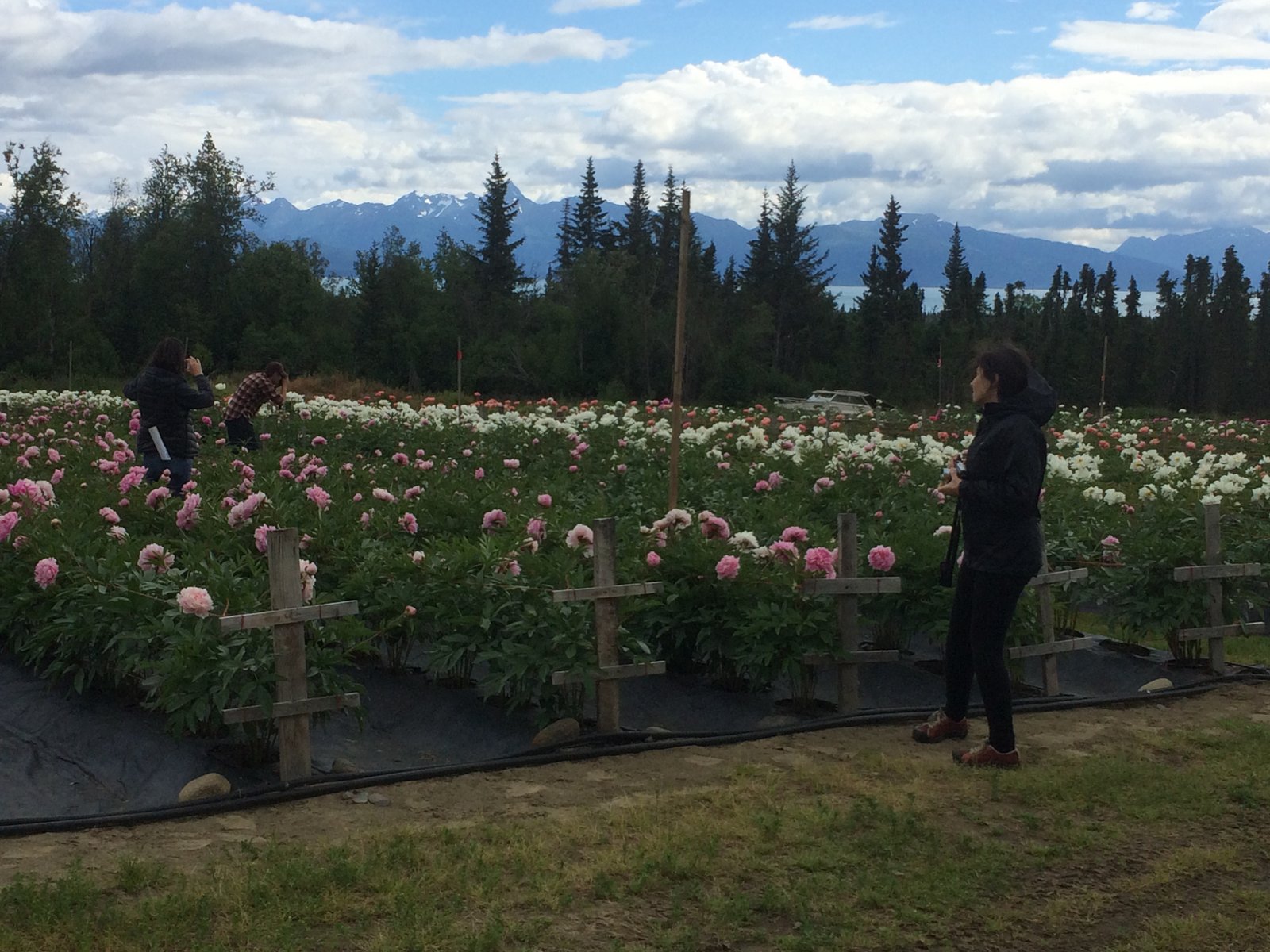


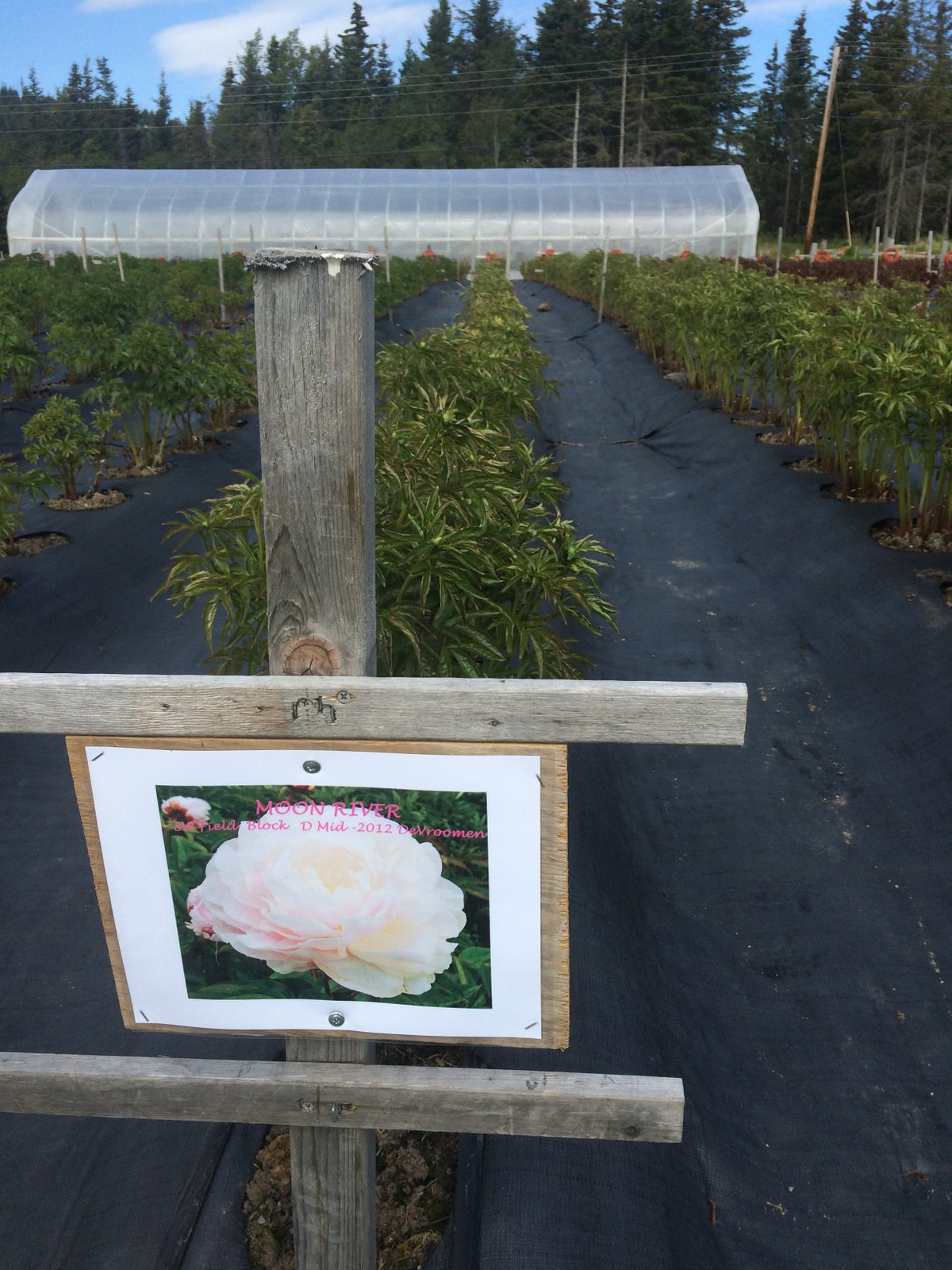
Between these wood stakes we use a fiberglass stake used for electric fencing. Each stake has a fastener that moves up and down the stake. We sink these stakes into the ground about every 15 feet. In the spring we run a single string down the rows. We used to run two strings. One for when they first came up and a second as they grew. But with the adjustable fastener, we only run out one string and move the fastener and string up the stake as they grow. We have had to replace the wooden posts 3 times in 14 years. The fiberglass poles last indefinitely. We paid about $1 per stake for the fiberglass stakes.
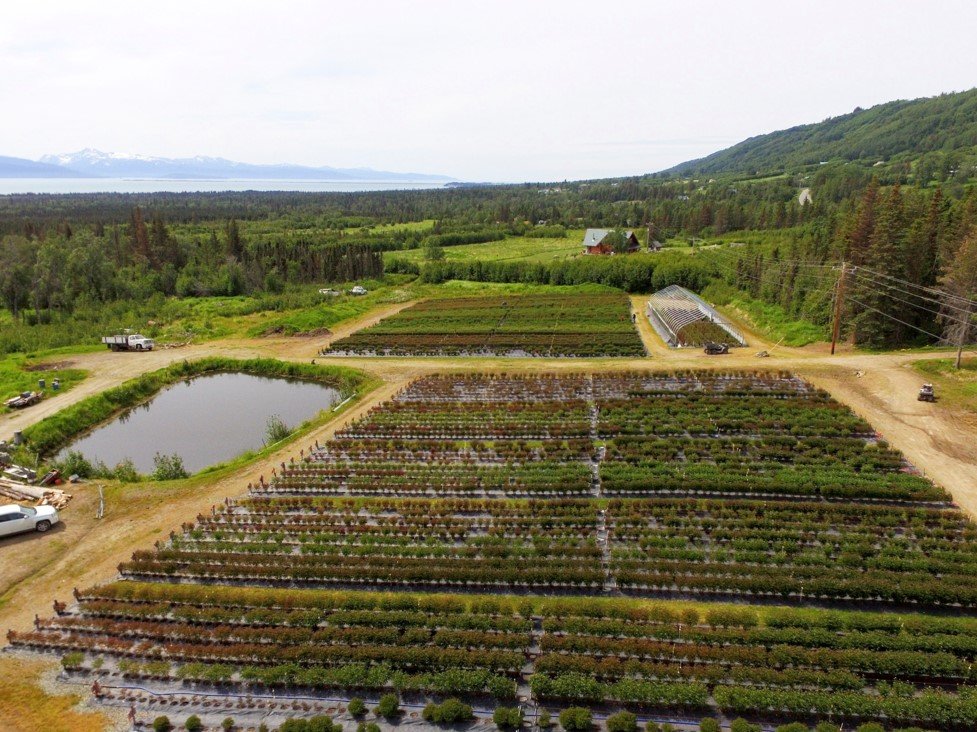
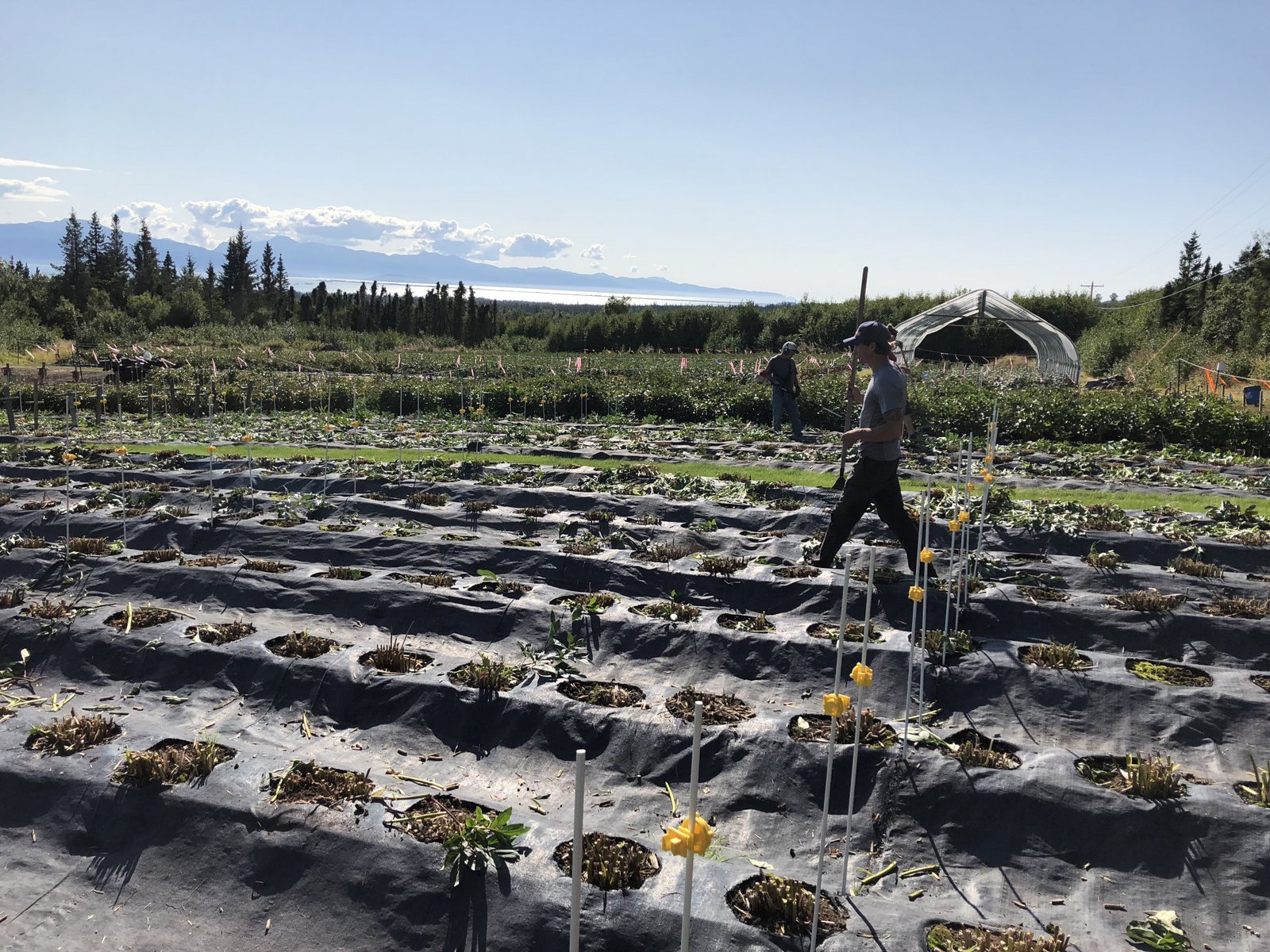

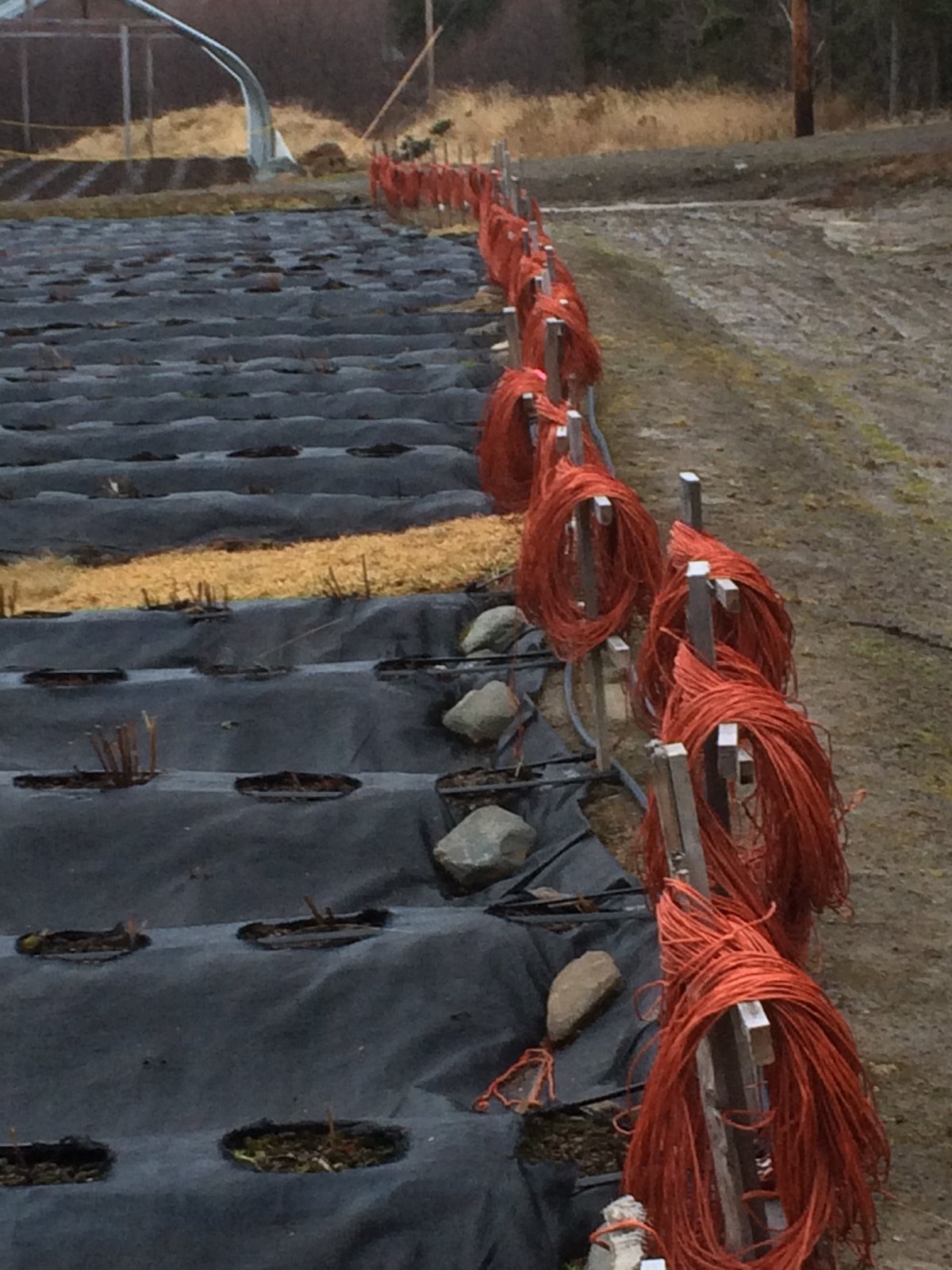
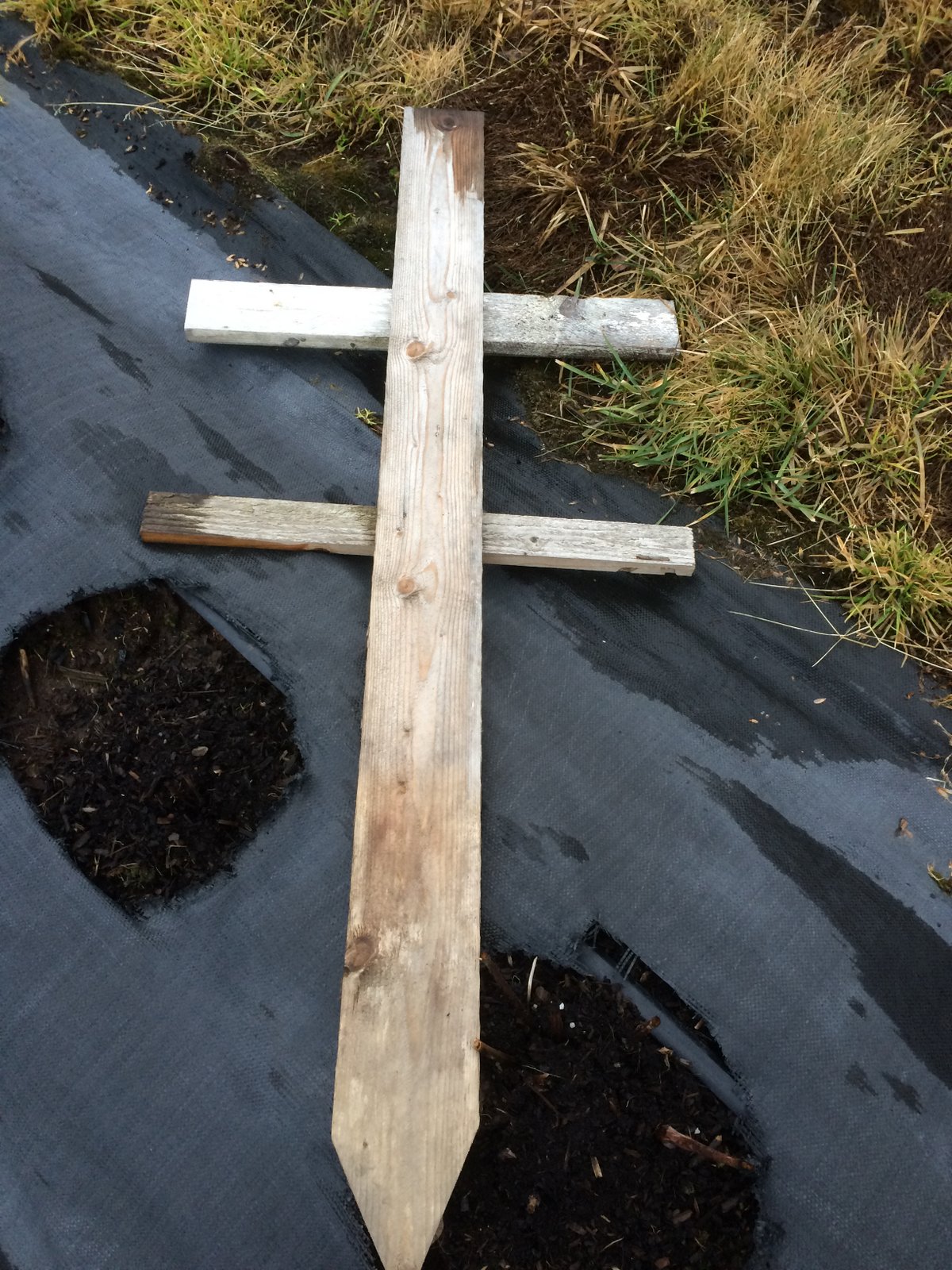
Categories
- Marketing (2)
- Post Harvest (5)
- Starting a New Farm (10)
